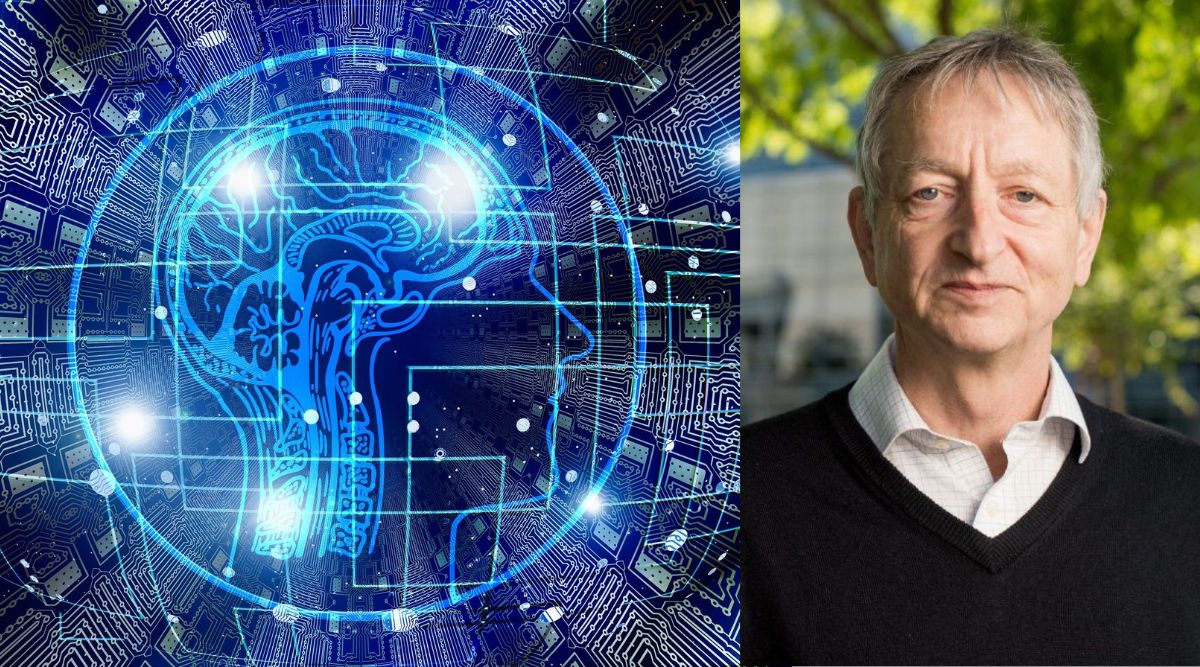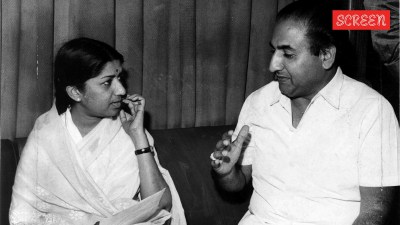‘Godfather of AI’ Geoffrey Hinton explores the fascinating question: Can AI have feelings?
In his recent talk at King’s College, London, Hinton shared his thoughts on AI and emotional intelligence.
 According to Geoffrey Hinton, deep learning can achieve and even overtake human-like intelligence. (Express Image/LinkedIn)
According to Geoffrey Hinton, deep learning can achieve and even overtake human-like intelligence. (Express Image/LinkedIn)
Is AI capable of possessing emotional intelligence? The answer is a complex one. However, Geoffrey Hinton, also known as father of AI who recently left Google thinks that AI has or will soon have emotions. The 75-year-old cognitive psychologist and computer scientist shared his thoughts while delivering a talk at King’s College in London recently.
When asked if AI systems can one day possess emotional intelligence, Hinton said, “I think they could well have feelings. They won’t have pain the way you do unless we wanted, but things like frustration and anger, I don’t see why they shouldn’t have those.”
According to Hinton, deep learning can achieve and even overtake human-like intelligence. He suggested that AI systems could have feelings like anger and frustration. Hinton’s views are based on the definition of feelings which relates to hypothetical actions (I feel like punching someone’s nose) to communicate about emotional state. This is something AI systems can already do.
The former Google executive also added that he refrained from publicly stating this notion earlier owing to the resistance to his first thesis about superior AI threatening humanity. However, in practical terms, Hinton’s thesis is difficult to verify, as presently LLMs can only project statistically probable emotions which they attained through training. Whether they actually have feelings as an entity can only be proved by clarifying consciousness. And there is no scientific tool to gauge consciousness.
In May this year, Hinton made headlines following his departure from Google after his decade-long association with the search giant. Hinton went on to warn about the dangers of rapidly developing AI without analysing its impact. “I left [Google] so that I could talk about the dangers of AI without considering how this impacts Google,” he was quoted as saying after his exit.
Hinton’s impact on the advancement of AI systems has been profound. Back in 1986, he played a pivotal role in co-authoring the paper ‘Learning representations by back-propagating errors,’ which served as a groundbreaking step in the evolution of neural networks, the foundation of AI technology. For his exceptional research breakthroughs, Hinton’s contributions were recognized in 2018 with the prestigious Turing Award.







